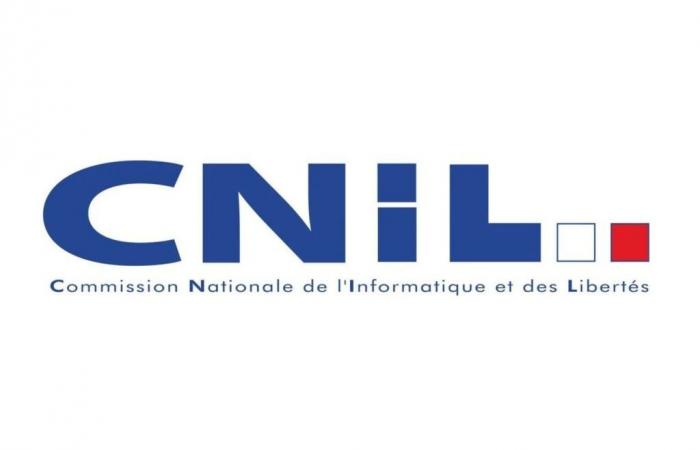The FISC and Customs can now access our data published on social networks, under certain conditions. A decree adopted on December 31, 2024 and published on Monday January 1, 2025 in the Official Journal extended the prerogatives of the tax administration, which could already access the data that we publish on sales or rental platforms between individuals (Airbnb, le Bon Coin…) for fraud detection purposes.
And in principle, the system extended to social networks was deemed sufficiently protective by the National Commission for Information Technology and Liberties (CNIL). The authority guarantor of our private life noted, in its deliberation of November 2024 also published 24 hours ago, “ satisfactory guarantees ”, although she has certain reservations.
Since 2021, administrative agents from the Tax and Customs Department have been able to monitor our activities on websites and applications: the initial three-year experiment, highly criticized at the time of its adoption, was finally extended for two additional years. And the decree published on January 1 also gave tax inspectors the possibility of creating accounts on social networks, and therefore of collecting public data from these platforms – elements to which they did not yet have access until here.
Also read: The Tax Office will be able to track down fraudsters more on social networks
The system excluded social networks
Originally, the administration wanted to be able to confirm that a taxpayer's lifestyle presented on the Web coincided with their tax return. She also wanted to be able, via automated AI systems, to identify people who live in France, even though they claim to be domiciled abroad, to avoid paying income tax. A first decree, on February 11, 2021, gave it the right to collect a certain amount of data in order to compare tax returns individuals or businesses to data distributed online. But after initial opinions from the CNIL and the Constitutional Council, the device had finally been reduced.
Also read: The CNIL expresses “reservations” regarding the project of mass data collection by the tax authorities
The two bodies considered that the data – which could be swallowed by the automated systems of the Tax Office or Customs – should be freely accessible, without requiring registration or a password on the site in question. The rule therefore excluded access to data shared on Facebook, TikTok and the majority of social networks. In other words, the system was limited to rental or sales platforms between individuals such as Leboncoin, Vinted, eBay, or Airbnb.
An assessment of the first three years “not sufficiently supported”
But now this limit no longer exists. The system is well extended to social networks, because agents will be able to create accounts to access public data published on the platforms. The CNIL indeed reminds that these data are limited to “ content freely accessible and clearly made public by users ”, which excludes private messages or content. She adds that the collection must be done only for “ search for clues relating to the commission of certain offenses exhaustively listed by law “. The decree also extends the collection system to two new grounds for suspected fraud: “ reductions or concealments of revenue by companies ».
If the CNIL gives the green light, it nevertheless regrets that the assessment of the first three years of the system, which was sent to it by the Ministry of the Economy, “ is not sufficiently supported to enable it to assess (its) proportionality and (its) efficiency “. It notes in its purely advisory opinion that the document transmitted “ does not include elements of analysis which would have made it possible to assess (…) the proportionality between the objective pursued (reinforcing efficiency in the fight against fraud) and the attack on individual freedoms ».
Agents will not be able to act hidden
In terms of guarantees, the authority specifies that agents will not be able to use “ assumed identities » when they collect data on social networks. The latter must clearly “ make it appear, clearly, that it is a tax administration or customs account “. The organization also recommends that the Ministry of Finance implement “ an employment doctrine for the agents concerned » to ensure proper compliance with this provision.
Please note that no data collection can take place on platforms “ sensitive ” as ” dating or health apps », adds the CNIL. The authority finally considers that the administration will have to demonstrate “ with a certain caution » by setting up these artificial intelligence systems which will collect and analyze data, in particular because of the biases they may present.
???? To not miss any news from 01net, follow us on Google News and WhatsApp.
Source :
Deliberation No. 2024-081 of November 14, 2024 of the CNIL






